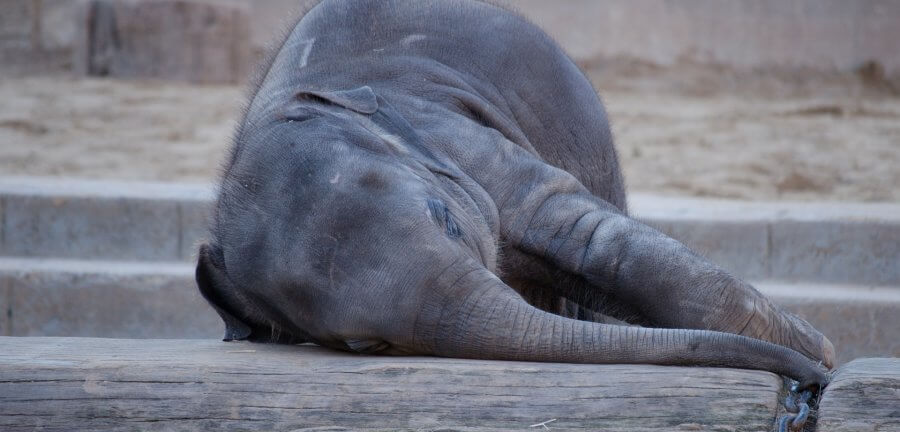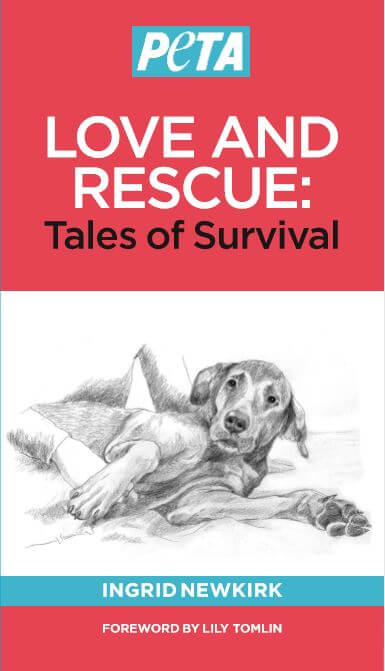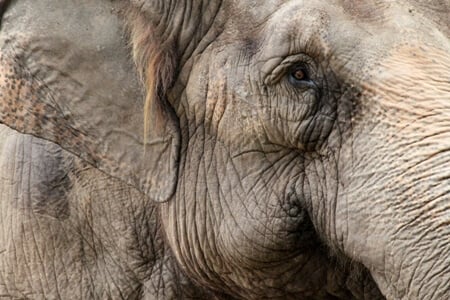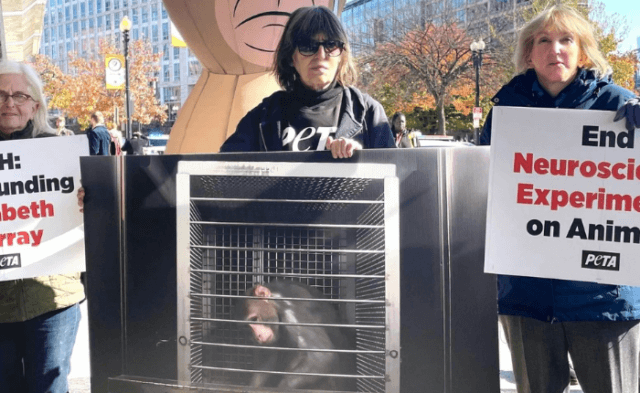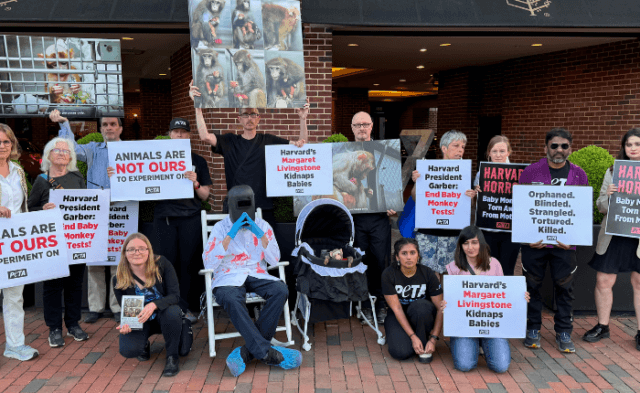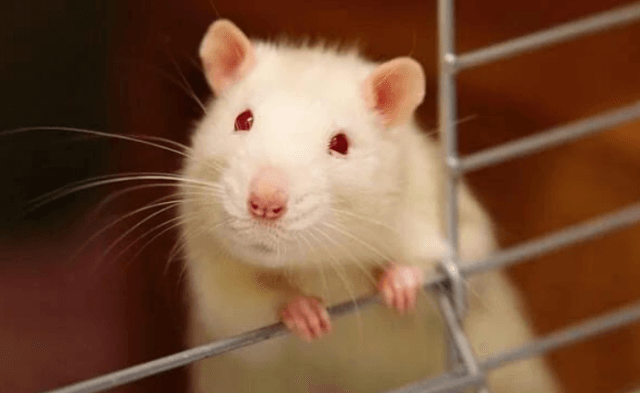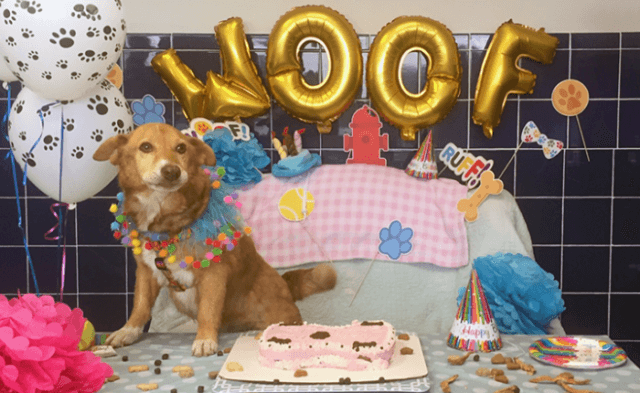Please enjoy this inspiring introduction from legendary comedian and PETA friend Lily Tomlin to PETA’s new book, Love and Rescue: Tales of Survival. The book is packed with the stirring stories of a few of the many animals PETA has helped rescue, thanks to the support of Investigations & Rescue Fund members, as well as tips on spreading compassion for animals in your own life.
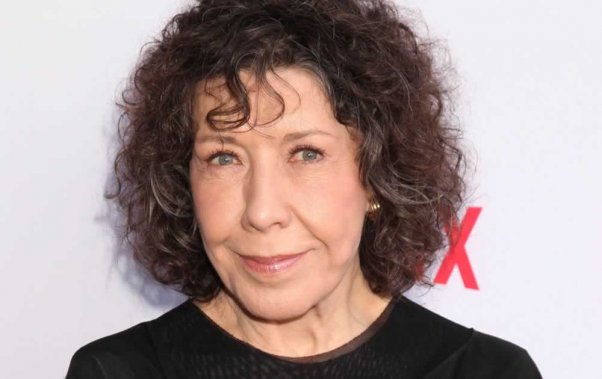
© StarMaxInc.com
In the coming weeks, we’ll be sharing more stories from this powerful new book, now available to purchase through the PETA Catalog.
*****
You might say that I’ve been involved in the entertainment industry for a few years. And it has been voluntary, which is more than I can say for animal acts.
I was just a kid when I saw my first elephant at the Detroit Zoo. She was in a cage, in a dank, cement building. It was a very confined space and a strange environment for an animal. Luckily, a new director of the facility recognized that this was an inappropriate situation for these wide-ranging animals, and it became the very first zoo to stop displaying elephants—giving them their “get out of jail free” card. It sent Winky and Wanda to a California sanctuary. There, the girls spent their final years roaming over acres of natural terrain, playing in lakes, and retiring to large living quarters equipped with heated stalls and therapeutic Jacuzzis. What must they have thought as they strolled together in the woods? Thanks to the efforts of so many kind and decent people pushing for change, other zoos have since done the same.
Perhaps because of this early experience, I never enjoyed zoos much as a kid—and years later, I became part of the fight for an elephant named Billy, kept in intolerable conditions at the Los Angeles Zoo. After eight years, we are still fighting for his release. There really is no dispute: Elephants should not be in captivity. There’s never enough space. It’d be like you or me living in a cupboard for 30, 40, or 50 years.
What these animals endure living in captivity led me to narrate a documentary called An Apology to Elephants, written by my partner, writer Jane Wagner. I hope you can see it. Our goal is to expose the suffering of both captive and wild elephants, from those beaten into submission in the circus to those massacred on the African plains solely so that their tusks can be turned into trinkets. We must get people to reject the captivity and abuse of all wild animals.
Elephants and other animals face many urgent challenges, but—thank goodness—times are changing. I fought for bans on bullhooks in Los Angeles and Oakland, California, and was ecstatic when both cities banned these cruel weapons, which are used to beat elephants in order to keep them afraid and obedient. Cities all over the country are doing the same, and Illinois and New York banned traveling elephant acts in 2017. The days of Ringling Bros. and Barnum & Bailey Circus hauling animals across the country in reeking boxcars are over, in part thanks to increased regulations. Many zoos, though not yet all, have switched to the protected-contact method of managing elephants, in which chains and bullhooks aren’t used. California banned the breeding of captive orcas and using them in theatrical shows. Seeing the way the tide was turning, SeaWorld stopped breeding orcas anywhere, and this generation will be the last to suffer in the company’s tanks.
The progress that we’ve made in a relatively short time is remarkable—but I see it as just the beginning. From one caring person to another, I urge you to help everyone you know see through the smoke screens of profit and “tradition” and to realize that at the heart of our work is morality and compassion for all species —those that share humans’ social structures and emotional complexity as well as those that do not. Just as we work hard to live free as the individuals we were born to be, we should act in ways that allow us to liberate others whose voices go unheard.
Lily Tomlin

